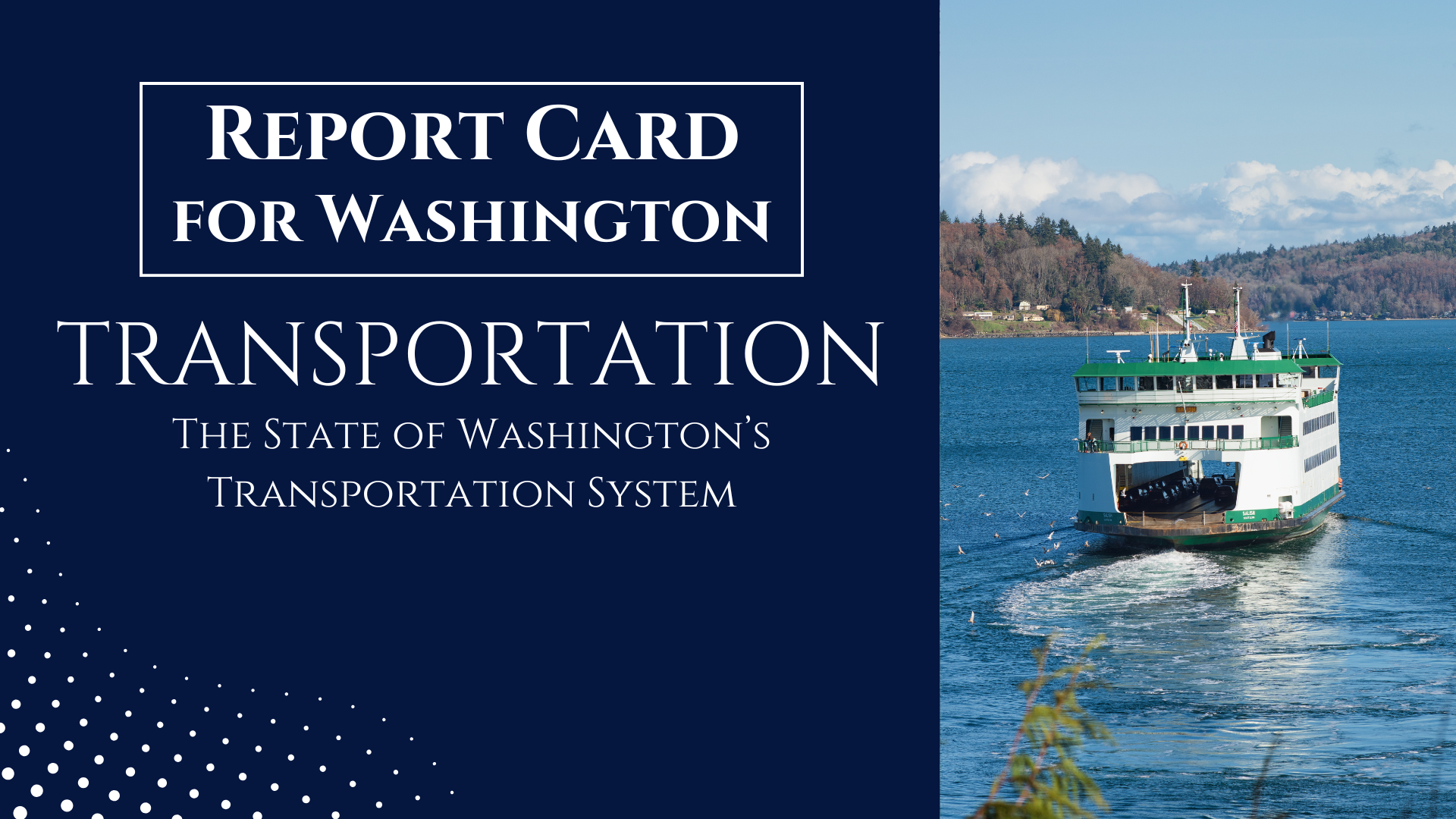Related Articles
If you are taxed by Sound Transit officials and live in East King County, South King County, or Pierce County, prepare to get a bad deal under their latest tax plan. According to a recent announcement, Sound Transit officials say they want to spend only 18% of ST3 rail and bus money on service in East King County, and funnel double that, 36% of new tax money, to serve people living in Seattle and the immediate area.
An initial calculation of low-end cost figures reported by Sound Transit shows officials want to spend a disproportionate amount in the North King and Snohomish subareas.

Sound Transit officials would divert spending to the Snohomish and North King subareas while East King, South King and Pierce would continue to pay more and receive less. For example, residents in the Snohomish subarea pay 12% of the local taxes Sound Transit officials’ spend. Yet if Sound Transit officials’ impose their proposed taxes, they would direct 21% of rail and bus spending to the Snohomish area.

Sound Transit began their rail and bus program in 1996 with the Sound Move ballot measure. At that time, Sound Transit officials promised they would adhere to subarea equity principles, and include “utilizing local tax revenues and related debt for projects and services which benefit the subareas generally in proportion to the level of revenues each subarea generates. This equity principle will apply to the ten-year system plan as well as all future phases.” (Emphasis added.)
On the surface, Sound Transit’s equity policy seems iron-clad and easy to understand – that officials would spend the taxes they collect in an area on services to benefit people living in that area. At a time when public trust of people in government is at an all-time low, you would think this is one promise Sound Transit officials would want to keep.
Not so fast, though. According to Sound Transit itself, the board members, led by King County Executive Dow Constantine, are the ones who decide what “equity” means. Even worse, Sound Transit officials now say they don’t intend to follow the founding promises they made to the public in Sound Move.
Sound Transit Spokesman Geoff Patrick says, “As long as a ballot measure identifies where the funds originate and are spent, Board members can define equity in whatever fashion they believe serves constituents.” He went on to say, that “a future ballot measure doesn’t have to use the same approaches as past measures.” In other words, “equity” can mean whatever the board wants it to mean – and even their chosen definition does not have to be consistent over time. Some people call that a pie crust promise – one that is made to be broken.
Sound Transit officials already do this with their Express Bus cost allocation. Despite 75% of bus routes either beginning or ending in Seattle, the North King subarea pays nothing for this service. Instead, people living in all four other areas pick up the tab. Similarly, Sound Transit’s commuter rail program costs are spread to areas outside of Seattle, yet that service exists largely to move workers in and out of downtown.
The Eastside Transportation Association noted the North King subarea, while about 30% of Sound Transit’s tax revenue base, comprises 80% of federal grant spending. The ETA also mentioned that Sound Transit officials spend 44% of bond revenue in the North King subarea, yet bonding commitments are backed by the entire tax district.
The Seattle Times editorial board recently asked Sound Transit if the suburbs would “get a fair return on their Sound Transit investment, especially compared to costly tunnels and spurs proposed for Seattle neighborhoods?” To answer that, Sound Transit officials should move past a subjective definition of benefit equity, and provide more quantitative analysis to compare the real costs and benefits to each subarea.
A skeptical public may view Sound Transit’s subarea policy as a vote-gathering tool. In 1996, a subarea policy helped Sound Transit gain the much-needed suburban “Yes” vote to build a rail spine through Seattle. Today, watering down the subarea policy may work to gain important Seattle “Yes” votes as Sound Transit seeks to expand to Everett and Tacoma.




